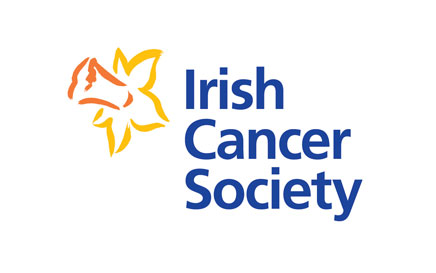
Blood Cancer Awareness Day
Blood Cancer Awareness Day
Blood cancers represent almost one in ten cancer cases, with more than 2,000 people across Ireland diagnosed every year.
Where does blood cancer start?
Inside the centre of our bones, we have a spongy material called bone marrow. Bone marrow makes stem cells, and these stem cells make all our different blood cells. If this process goes wrong, it can cause abnormal blood cells to grow. This may then cause a blood cancer.
The different Blood cells include:
- Red blood cells – carry oxygen from our lungs to the rest of our bodies.
- White blood cells - fight infection.
- Platelets – help our blood clot when we get injured.
- Plasma - plasma cells make antibodies, to help fight infection and are a type of white blood cell.
When one of these blood cells become abnormal it can cause a blood cancer - Leukaemia, Lymphoma, Myeloma, and/or MDS (Myelodysplastic Syndrome).
Common Blood Cancer Symptoms
Blood Cancer symptoms can vary depending on the type of blood cancer and some people may not have any symptoms.
Common blood cancer symptoms include:
- Persistent Tiredness – may be caused due to not enough red blood cells (anaemia).
- Looking Pale – due to not enough red blood cells (anaemia).
- Shortness of breath - may be due to not enough red blood cells.
- Fever or chills/ frequent infections – may be due to not enough white blood cells to fight infections.
- Unexplained bruising, bleeding, or rash – this may be due to not enough platelets.
- Swollen, painless lump in the neck, armpits, or groin - possible cause is a build-up of abnormal cells in lymph glands.
- Coughing or chest pain - possible cause is a buildup of abnormal blood cells in your spleen.
- Loss of appetite or feeling sick - possible cause is a buildup of abnormal blood cells in your spleen that presses on your stomach.
- Night sweats - causes remain unknown.
- Back, Bone and/or Joint Pain/ Fractures - possible cause is pressure on the spine, or nerve problems causing weakness or numbness in your legs - possible cause increased number of abnormal cells in the bone marrow.
If you have symptoms that cannot be explained and are persistent, you should make an appointment with your GP - it is unlikely to be anything serious but it is important to get checked out.
For more details, advice and or support call our Support Line on 1800 200 700.
See our booklets Understanding Multiple Myeloma, Understanding Chronic Myeloid Leukaemia, Understanding Acute Lymphoblastic Leukaemia, Understanding Myelodysplastic syndrome and many more.

Thanks to this website I have learned so much about different types of cancer. I feel less afraid of the future and willing to try the chemotherapy.
Thank You
Richard